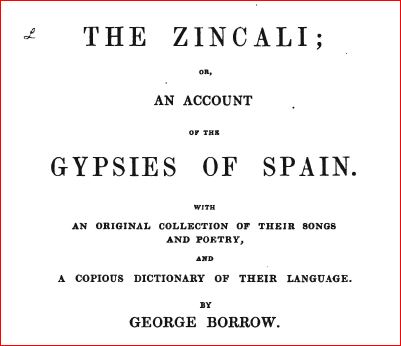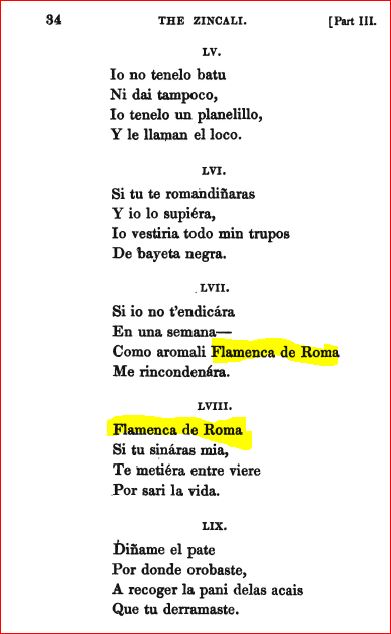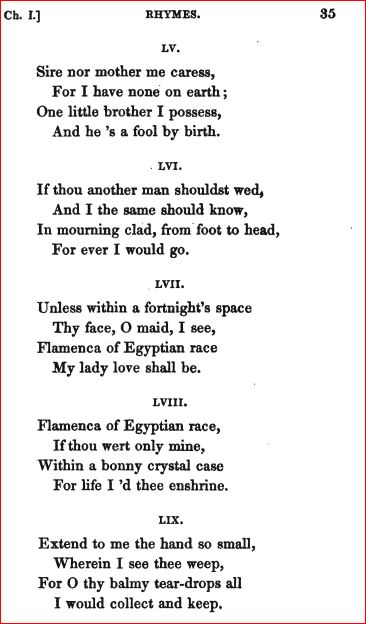|
tf10music -> RE: Can a white man play the blues? (Apr. 25 2021 15:17:56)
|
quote:
Talking in arabic and using a word felah mengu, which was pronounced and written as flamenco, to name a certain group of people are 2 different things.
True, but really all you've done is assert a belief that this is the origin of the word "flamenco" without providing any evidence to support your claim, and then you've proceeded to dismiss evidence that at least indicates that you are mistaken, even as you fail to provide affirmative evidence. It sounds like you want the felah mengu explanation to be true.
The history of the Gitanos in the Iberian Peninsula is actually quite muddled and complex -- especially the first 100 years or so. For starters, gitanos entering the Iberian Peninsula during the first half of the fifteenth century were not identified as such, so your whole "felah mengu was used to refer to Gitanos" theory certainly doesn't apply to any period predating the Reconquista. It was only at the end of the fifteenth century that the Spanish government even acknowledged the gitanos as a group and decided to deal with them, beginning with the Ordinance of 1499, and even then, the Gitanos were referred to as "Egyptians" and "pilgrims" (many entered Spanish territories by claiming to be on a pilgrimage). Notably, the 1499 Ordinance, as well as the ones to follow it, were designed to effectively curb the wandering of the Gitanos, such that by the time we see the first recorded reference to "flamenco" as something associated with the Gitanos, Spain's Romani population had been forcibly sedentarized for a good period of time. So the idea that the use of the word "flamenco" to refer to a musical style comes from some adaptation of an Arabic term employed to refer to a wanderer seems unlikely. It's not impossible, but it is a far-fetched explanation, given that Gitanos were often compelled to serve in the Spanish army in Flanders throughout the 16th and 17th centuries, and the word "flamenco" was used to refer to the Flemish during that period (you want evidence? Lope de Vega uses it that way in his plays, for one -- you can find an example in "El asalto de Mastrique, por el príncipe de Parma," which was published in 1614). It's far more likely that the modern usage of "flamenco" derives from that association.
|
|
|
|



